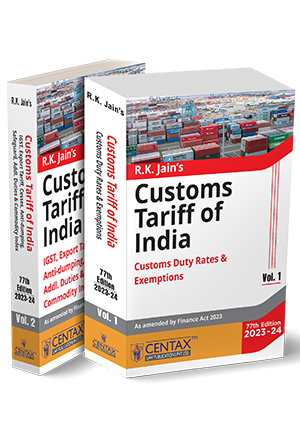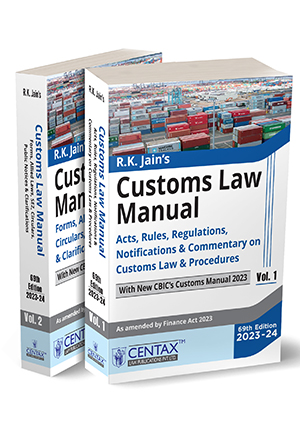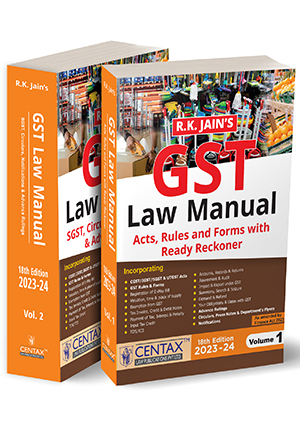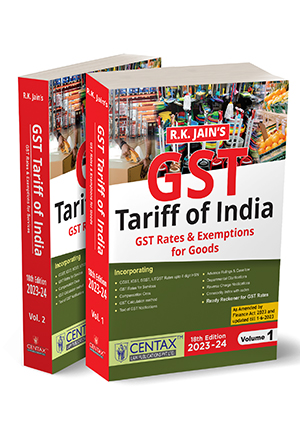IFRS – International Financial Reporting Standards
- Blog|Account & Audit|
- 3 Min Read
- By Taxmann
- |
- Last Updated on 25 June, 2021
- Recognition of items as assets, liabilities, income and expenses;
- How to measure items recognised and its presentation in financial statements; and
- Disclosures related to such items.
Objective of IFRS:
IFRS was introduced with an object to bring consistency in the accounting practices and principles followed by companies of various nations while preparing financial statements. Another object was to provide framework for nations across the globe on how companies and entities should prepare and present their financial statements. It also brings synchronisation in accounting practices across various nations to facilitate comparison of financial statements. It is of more significance for those companies which have dealings in several countries.
Benefits of IFRS:
IFRS have many benefits, some of which are discussed below: • Wider acceptability: IFRS are widely acceptable. It is applicable to almost 166 jurisdictions out of which approximately 144 jurisdictions have adopted IFRS Thus, financial statements prepared as per IFRS are widely acceptable. • Comparability of Financials: Since IFRS are global standards, companies of different nations following IFRS can be easily compared. • Elaborated Guidance: IFRS provides elaborated guidance on how to apply principles given in standards in different situations. • Changes in standards as per economic situations: Principles of IFRS are revised/modified in case there is any major change in economy.
Application of IFRS:
1. Adoption of IFRS:
2. Convergence of IFRS:
Applicability of IFRS in India:
India has opted to apply IFRS after making certain deviations from the original IFRS (also known as carve outs). In India, IFRS in their converged form (after required modifications) are popularly known as Ind AS. Each individual Ind AS contains an Appendix that explains the modifications. These Ind AS are applicable to specified category of as discussed below: In case of Companies: 1. Companies whose equity or debt securities are listed or are in the process of being listed on any stock exchange in India or outside India; 2. Unlisted companies having net worth of Rs. 250 crore or more; and 3. Holding, subsidiary, joint venture or associate companies of companies covered in point (1) and (2) above. Voluntary applicability: Company may voluntarily apply Indian accounting standards (Ind AS). Companies on which Ind AS is not applicable will continue to follow existing Accounting Standards (AS) which will be upgraded by ICAI.
Banking Companies and Insurance Companies:
Banking Companies and Insurance Companies have their statues and they shall apply the Ind ASs as notified by the Reserve Bank of India (RBI) and Insurance Regulatory Development Authority (IRDA) respectively. However, for the purpose of consolidation, insurance company shall provide financial statements in compliance to Ind AS for the purposes of preparation of consolidated financial statements by its parent, investor or venturer, as required by such parent or investor or venturer to comply with the requirements of these rules.
How ICAI will introduce new standard or amend existing standard?
The ICAI prepares an exposure draft of the Ind AS on the basis of IFRS Standards. After considering comments, the proposed final Ind AS is approved by the ICAI Council and then adopted by the Ministry of Corporate Affairs via public notification.
Related Articles:
Disclaimer: The content/information published on the website is only for general information of the user and shall not be construed as legal advice. While the Taxmann has exercised reasonable efforts to ensure the veracity of information/content published, Taxmann shall be under no liability in any manner whatsoever for incorrect information, if any.

Taxmann Publications has a dedicated in-house Research & Editorial Team. This team consists of a team of Chartered Accountants, Company Secretaries, and Lawyers. This team works under the guidance and supervision of editor-in-chief Mr Rakesh Bhargava.
The Research and Editorial Team is responsible for developing reliable and accurate content for the readers. The team follows the six-sigma approach to achieve the benchmark of zero error in its publications and research platforms. The team ensures that the following publication guidelines are thoroughly followed while developing the content:
- The statutory material is obtained only from the authorized and reliable sources
- All the latest developments in the judicial and legislative fields are covered
- Prepare the analytical write-ups on current, controversial, and important issues to help the readers to understand the concept and its implications
- Every content published by Taxmann is complete, accurate and lucid
- All evidence-based statements are supported with proper reference to Section, Circular No., Notification No. or citations
- The golden rules of grammar, style and consistency are thoroughly followed
- Font and size that’s easy to read and remain consistent across all imprint and digital publications are applied






Comments are closed.